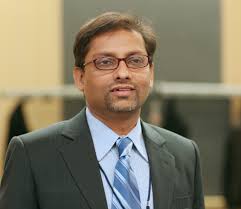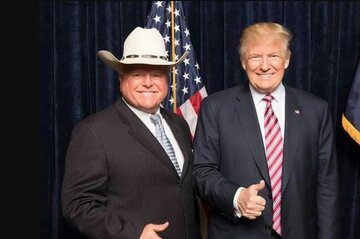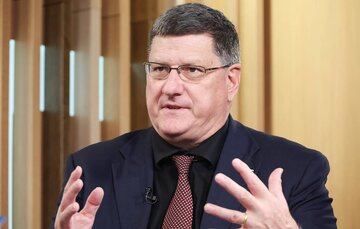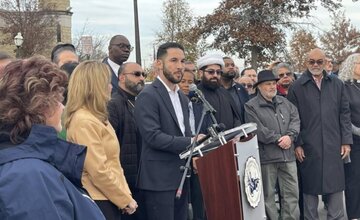Muslims in America are a growing market segment with $98 billion in disposable income in 2013, a report said, adding they are also a key link to America's opportunity in the fast growing $2 trillion global Islamic lifestyle economy.
The new grassroots study titled "The Muslim Green: American Muslim Market 2014-15” released by DinarStandard, a research and advisory firm, in partnership with the American Muslim Consumer Consortium (AMCC) leads with a nation-wide survey (973 responses from representative geographic and demographic segments) highlighting consumption habits, satisfaction levels and demand gaps of Muslim consumers.
Eighty-six per cent of the respondents wanted Halal food products to be available at their local supermarket. This was consistent among all major demographics and should be a call-to-action for national retailers, the report said.
Meanwhile, the most commonly used Islamic financial services were mortgage services (50 per cent of respondents,) investment products (44 per cent,) and banking services (17 per cent). Eighty per cent of respondents would like to see more 'interest-free college education loans.'
DinarStandard conservatively estimates the American Muslim population in 2013 to be 5.7 million, with 1.7 million households and growing at double the rate of the national average (1.7 per cent vs. 0.9 per cent).
The largest categories of household spending were: housing & housing services ($32 billion), motor vehicle & services ($12.6 billion), and food & food services ($12.5 billion.)
Based on the survey, food & food services and education ranked as a higher expense category in American Muslim households relative to the national average.
The American Muslim market's unique opportunity is put in context of a fast growing global Islamic/Muslim lifestyle economy representing $2 trillion in consumption (2013).
The faith and values-based customer needs that are driving this global market include Islamic/ethical financing, Halal and Tayyab food, modest clothing, family friendly travel, gender interaction considerations, and religious practices. These needs also extend to business practices that seek Islamic business financing, investment and insurance services, according to the report.
The Study was exclusively released at the recent fifth American Muslim Consumer Conference, where major national brand representatives and entrepreneurs were in attendance reflecting the growing importance of this sizeable market.
"No doubt, this market presents a significant opportunity for businesses. While brands such as Walmart, Best Buy, Whole Foods, Elevation Burger and others are beginning to engage with this market in a targeted way, the potential is still mostly un-tapped," said Faisal Masood, founder of the American Muslim Consumer Consortium.
"This Study presents a story of Muslims as a great values-based asset to America focusing on ethical finance, food and other options. In addition to their spending power, Muslims are a key resource in engaging America with the global Islamic lifestyle sectors and the wider $7 trillion in GDP of Muslim-majority fast growing economies from Indonesia and Saudi Arabia to Turkey," said Rafi-uddin Shikoh, managing director of DinarStandard.
The study also details the market's young, geographically distributed, ethnically diverse demographics, and community-centric dynamics.
American Muslim Consumer Consortium (AMCC) is a non-profit organisation dedicated to developing the American Muslim consumer market. The objective of AMCC is to address the needs of American Muslim consumers and to empower the companies developing products for this market.
4 December 2014 - 08:18
News ID: 655855

Muslims in America are a growing market segment with $98 billion in disposable income in 2013, a report said, adding they are also a key link to America's opportunity in the fast growing $2 trillion global Islamic lifestyle economy.




